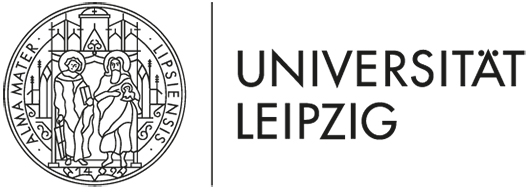Please note that funding of SPP1782 ended by Dec 31, 2022. This page will no longer be updated.
SPP1782: Epithelial intercellular junctions as dynamic hubs to integrate forces, signals and cell behavior
Welcome to our homepage! The primary goal of the SPP1782 priority program is to elucidate how epithelial intercellular junctions sense and transmit chemical and mechanical signals. Currently, the focus is on the analysis of adherens junctions and desmosomes. The SPP consortium presently comprises 22 projects from cell and developmental biology, biochemistry, biophysics, material science and medicine who take a highly interdisciplinary approach to address the core SPP topics. Addressing the above research topic from the level of single molecules to whole animals, including the mouse and the fruit fly, represents a particular strength of the SPP1782. A description of funded projects and their goals is provided here.
Background
Epithelia line organ and body surfaces to provide structural support and serve as barriers against mechanical force, pathogens, toxins, and dehydration. These functions depend on the ability of intercellular junctions to sense and integrate mechanical forces and chemical signals. They transmit these into the cell to direct rapid changes in cell architecture and/or transcriptional programming thus directing cellular behaviour. Dysfunction of epithelial cell junctions causes a large number of disorders, ranging from blistering skin disease to inflammatory disorders and cancer. Despite their large size, abundance and significance in disease, epithelial intercellular junctions remain poorly understood, precluding the development of molecular diagnosis and therapies. Understanding how intercellular junctions sense force and chemical signals, how signals are integrated at junctions to elicit cellular responses at a mechanistic level is central to comprehend control of tissue morphogenesis, homeostasis and regeneration. Further, elucidating how genetic defects in intercellular junction components by-pass junction-mediated control of epithelial tissue integrity, is a prerequisite to understand the basis of multiple disorders.
Interactions and communication
The SPP uses several formats to foster interactions among its participants and the wider scientific community. It organizes annual national (2019, 2017, 2015) and international meetings (2018 Halle/Saale) and annual young scientist retreats (2019, 2018, 2017) in addition to lab exchanges and special lectures. Upon request, national and international meetings are accessible for colleagues interested in the science. All SPP members welcome collaborations and interactions with colleagues interested in the major SPP topic.
Coordinator

Prof. Dr. rer. nat. Thomas M. Magin
Events
| ≤ | October 2025 | |||||
|---|---|---|---|---|---|---|
| Mon | Tue | Wed | Thu | Fri | Sat | Sun |
|
|
|
1
|
2
|
3
|
4
|
5
|
|
6
|
7
|
8
|
9
|
10
|
11
|
12
|
|
13
|
14
|
15
|
16
|
17
|
18
|
19
|
|
20
|
21
|
22
|
23
|
24
|
25
|
26
|
|
27
|
28
|
29
|
30
|
31
|
|
|
BILL
Jobs
tba
Administration
Jenny Bleeck
Tel: +49 (0)341-97-39583 (office)
Email: spp1782.coordinator(at)uni-leipzig.de


